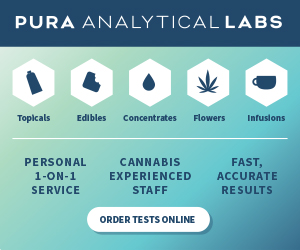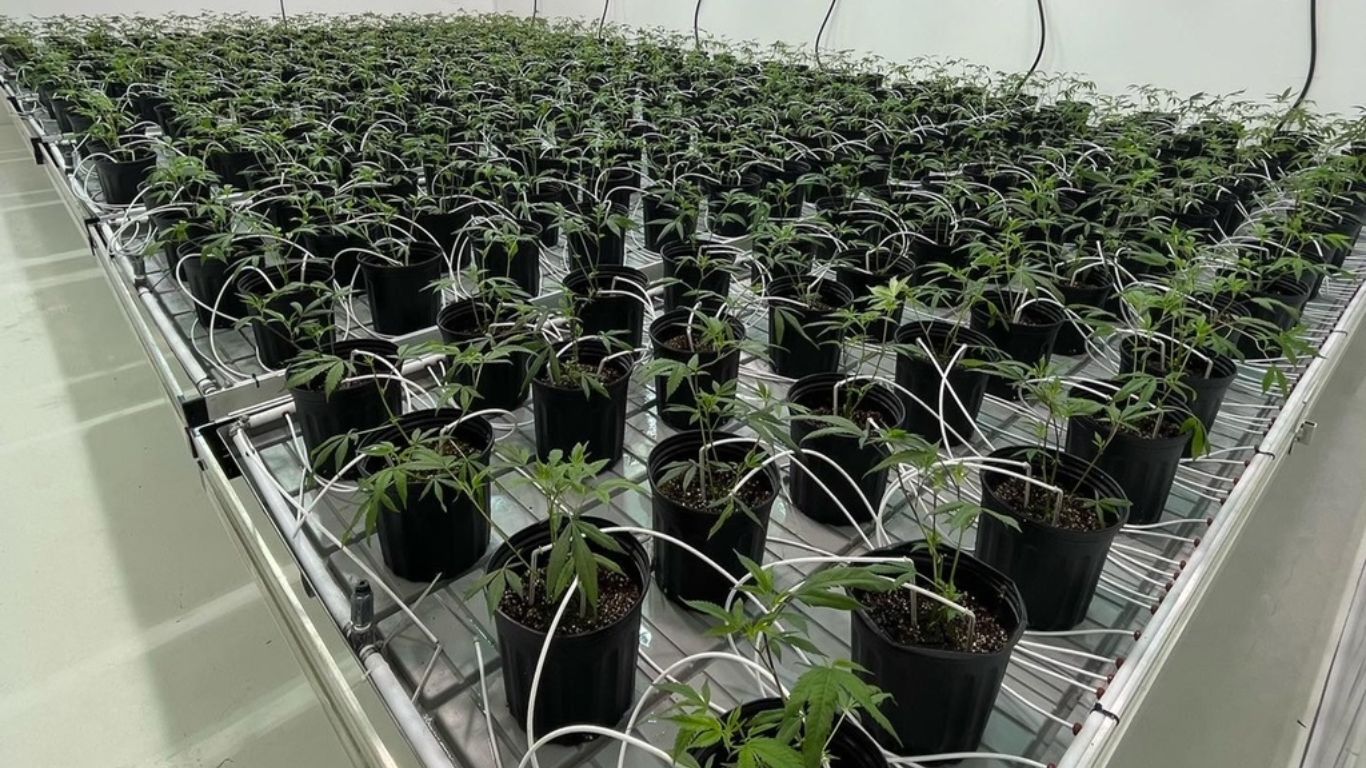
Efforts to bring more affordable cannabis options to people in Vancouver’s Downtown Eastside are so far proving successful, says one of Vancouver’s longtime community activists.
Sarah Blyth is the founder of the High Hopes Foundation, a community group that helps provide people in the Downtown Eastside with cannabis for medical purposes.
High Hopes received their medical sales licence in the first half of 2022 and, after a long search, Blyth says they were recently able to secure their first supply partnership with Canna Farms, a cannabis grower located just a few hours outside Vancouver in Hope, BC.
The cannabis producer has been supplying two varieties, a Pink Kush and a Wappa, to those registered through High Hopes, which are then distributed to patients within the community.
High Hopes uses a community liaison to both get feedback on patients’ specific needs in terms of cannabis strain/varietal and distribute patients’ orders.
Once registered with High Hopes, orders are available within no more than a few days, and they work with the community to provide access to any additional programs that can assist with payment.
Orders can be placed online or, for those without access to the internet, High Hopes can order for them. As their licence is for medical sales only, they cannot store large quantities of product on hand, but instead, receive individual orders. Those orders are then available for pickup at different locations set up each day in the neighbourhood.
Their cannabis is currently around $3-4 a gram and comes in ounce and half-ounce offerings. Pink Kush is currently their main seller, with Wappa serving as a second option.
“This is the beginning,” says Blyth. “We’re not only going to have just one product. Eventually, we’re going to expand to different things, but we want to make sure that we have the same mandate as the people we’re working with and there’s some understanding of the unique population (we serve). The most important thing is to get affordable cannabis to people that otherwise can’t afford cannabis.”
Although there are many others in the community who have been providing access to cannabis through more extra-legal avenues, Blyth says she chose to work within the federal regulations because she sees this as representing the best option for those she serves.
“People are really happy to be able to get something legal in the Downtown Eastside. A lot of times people are going into the illegal market to get what they need, which is not always a great situation for people. This way they can get their prescriptions filled. It’s a legal process to get what they need. We’re hiring people from the Downtown Eastside to help each other so they know which community members need help.”
Blyth says she sees value in both approaches: working within and outside of the law, but she feels that working within the legal system, while still pushing those boundaries, provides a more long-term, secure source for those who truly benefit from cannabis.
“They’re both important, but I think right now what we’re trying to do is work within the best we can. With all the troubles that are going on with… more of a crackdown on even the Blue Door and all of the other sources of cannabis are really drying up. So…getting something legal up and running was really important.
“It’s obvious that doing things legally is really the only way that is going to be sustainable at this point. (We’re) just trying to work within the legal realm to get people what they need. You don’t want to be shut down for a week. Then where are people going to go? So we’re just trying to come in and get people something that they know can help.”
High Hopes also expects to announce some new suppliers and varieties in the coming months, and Blyth says she looks forward to being able to provide more legal options for the community.
“In a lot of ways we are trying to duplicate how they are already getting their medication, except doing it legally. So they know what they are getting. They know that it’s been tested. It’s something that’s reliable. We don’t run out, that kind of thing.”











